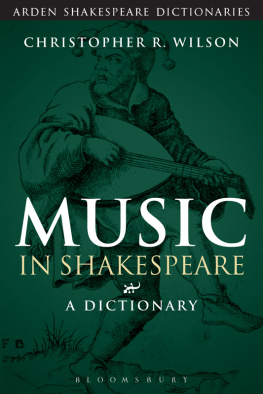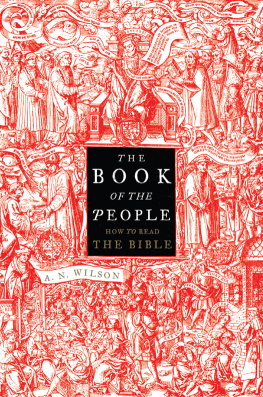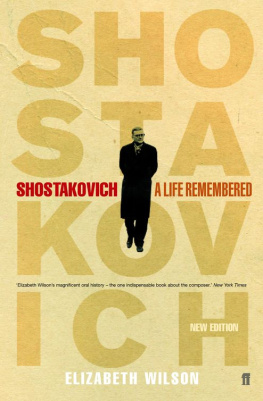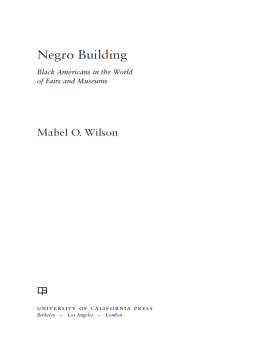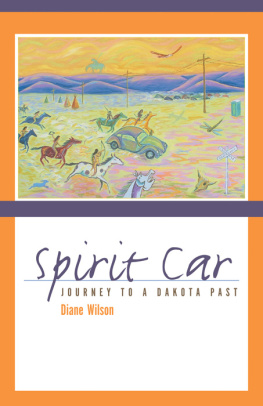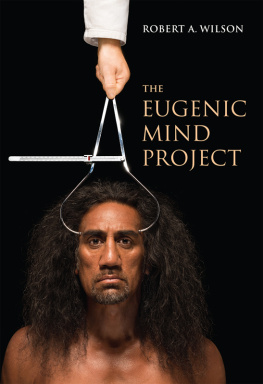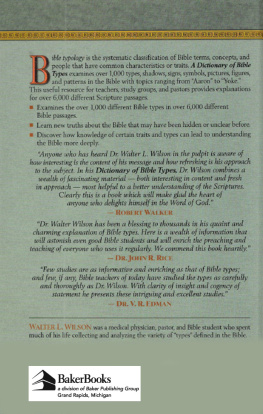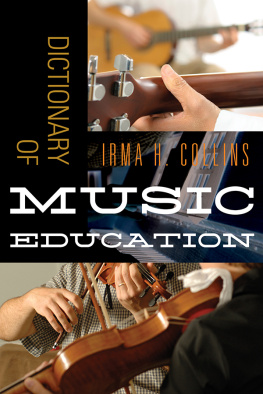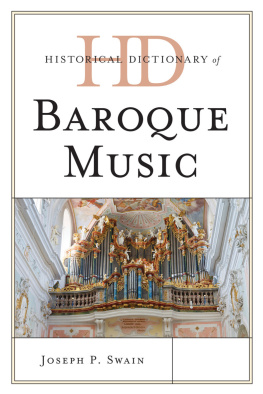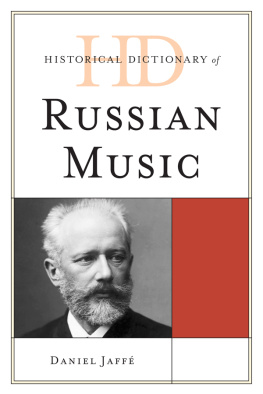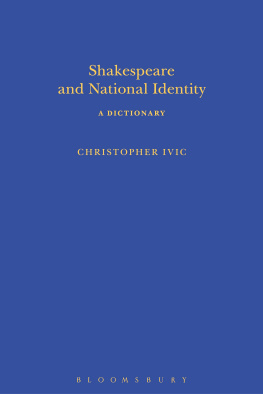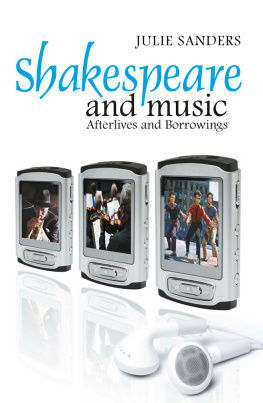Wilson - Music in Shakespeare: A Dictionary
Here you can read online Wilson - Music in Shakespeare: A Dictionary full text of the book (entire story) in english for free. Download pdf and epub, get meaning, cover and reviews about this ebook. publisher: Bloomsbury UK, genre: Children. Description of the work, (preface) as well as reviews are available. Best literature library LitArk.com created for fans of good reading and offers a wide selection of genres:
Romance novel
Science fiction
Adventure
Detective
Science
History
Home and family
Prose
Art
Politics
Computer
Non-fiction
Religion
Business
Children
Humor
Choose a favorite category and find really read worthwhile books. Enjoy immersion in the world of imagination, feel the emotions of the characters or learn something new for yourself, make an fascinating discovery.
Music in Shakespeare: A Dictionary: summary, description and annotation
We offer to read an annotation, description, summary or preface (depends on what the author of the book "Music in Shakespeare: A Dictionary" wrote himself). If you haven't found the necessary information about the book — write in the comments, we will try to find it.
Music in Shakespeare: A Dictionary — read online for free the complete book (whole text) full work
Below is the text of the book, divided by pages. System saving the place of the last page read, allows you to conveniently read the book "Music in Shakespeare: A Dictionary" online for free, without having to search again every time where you left off. Put a bookmark, and you can go to the page where you finished reading at any time.
Font size:
Interval:
Bookmark:
Music in Shakespeare
ARDEN SHAKESPEARE DICTIONARY SERIES
Series Editor
Sandra Clark (Birkbeck College, University of London)

Class and Society in Shakespeare | Paul Innes |
Music in Shakespeare | Christopher R. Wilson & Michela Calore |
Shakespeare and the Language of Food | Joan Fitzpatrick |
Shakespeares Books | Stuart Gillespie |
Shakespeares Demonology | Marion Gibson and Jo Ann Esra |
Shakespeares Legal Language | B. J. Sokol & Mary Sokol |
Shakespeares Medical Language | Sujata Iyengar |
Shakespeares Military Language | Charles Edelman |
Shakespeares Non-Standard English | N. F. Blake |
Shakespeares Plants and Gardens :A Dictionary | Vivian Thomas and Nicki Faircloth |
Shakespeares Political and EconomicLanguage | Vivian Thomas |
Shakespeares Religious Language | R. Chris Hassel, Jr |
Shakespeares Theatre | Hugh Macrae Richmond |
Forthcoming titles: | |
Shakespeare and National Identity | Christopher Ivic |
Shakespeares Insults | Nathalie Vienne-Guerrin |
ARDEN SHAKESPEARE DICTIONARY SERIES

Music in Shakespeare
A Dictionary
CHRISTOPHER R. WILSON & MICHELA CALORE

Contents
The Arden Shakespeare Dictionaries aim to provide the student of Shakespeare with a series of authoritative guides to the principal subject areas covered by the plays and poems. They are produced by scholars who are experts both on Shakespeare and on the topic of the individual dictionary, based on the most recent scholarship, succinctly written and accessibly presented. They offer readers a self-contained body of information on the topic under discussion, its occurrence and significance in Shakespeares works, and its contemporary meanings.
The topics are all vital ones for understanding the plays and poems; they have been selected for their importance in illuminating aspects of Shakespeares writings where an informed understanding of the range of Shakespeares usage, and of the contemporary literary, historical and cultural issues involved, will add to the readers appreciation of his work. Because of the diversity of the topics covered in the series, individual dictionaries may vary in emphasis and approach, but the aim and basic format of the entries remain the same from volume to volume.
Sandra Clark
Birkbeck College
University of London
The Elizabethans seem as reluctant to commit themselves to a definition of music as modern-day commentators are. It was only in the most recent edition of the New Grove Dictionary of Music and Musicians (2001) that music appeared as a dictionary term. Previous editions, like many specialist music dictionaries, had not thought it necessary to include it on the assumption that no definition is needed, or perhaps because none would be totally satisfactory (vol. 17, p. 431). New Grove distinguished between language dictionary definitions of music and the place the term has in musicology. Language dictionaries concentrate on either a broad-ranging definition, attempting to specify all salient traits of music using Western music in the fine art tradition as the basic model, seeing music principally as a series of sounds and... compositions (vol. 17, p. 426). Musical activity was seen primarily as composition whose art lay in combining sounds. Musicology has sought to locate music in composition, performance and cultural contexts. Its meaning has changed, developed, varied from age to age and from country to country. Musicologists have provided a bewildering set of definitions (vol. 17, p. 431).
For the Elizabethans, music was either a performing art, or composition, or a philosophical concept, or all three. In his laudatory verse, In Musicam Thomae Tallisii, et Guiliemi Birdi in Cantiones... Sacrae (1575), Richard Mulcaster, for example, alludes to all three elements whilst defending the pedagogical qualities of music. He refers to the power of music and its basis in mathematical science in his opening words: Quanti sit precii res Musica, quamque regendis / Insanis animi motibus apta, docent... (How precious a thing is Music, and how appropriate for governing the mad passions of the mind, is revealed by those who teach that numbers are the foundation of everything having form, and that music is formed from these, The Byrd Edition, 1977, vol. 1, p. xxvi, ed. Craig Monson). He reminds his reader that for a healthy and sound human exercise should maintain the body and sober music govern the mind. The Queen herself, he continues, not only takes pleasure in hearing music, she also delights in practising music she sings and plays excellently. He rejoices in the fact the English composers, namely Tallis and Byrd, may now rival the distinguished composers of other nations and that their reputation will spread abroad.
Shakespeares use of music depends on the contemporary signification of music, the Elizabethan understanding of trumpet signals, different meanings of bells ringing, knowledge of the Orpheus myth, the opposition between stringed instruments and pipes, haut versus bas and many other symbolic musics. Where appropriate, discussion of the Elizabethan usage of a musical term is dealt with under that term. For wider ranging accounts of music in Elizabethan England, see David Wulstans Tudor Music (1985), Iain Fenlon (ed.), The Renaissance (1989), David Prices Patrons and Musicians of the English Renaissance (1981), Bruce Pattisons Music and Poetry of the English Renaissance (2nd edn, 1970), Peter Holmans Four and Twenty Fiddlers (1993) and Walter Woodfills Musicians in English Society (1953, reprint 1969).
Music in Shakespeare: A Dictionary includes terms which an Elizabethan and Jacobean commentator would quickly recognize. Many are unique to the Elizabethan age and are no longer in use as musical terms. Others, such as ordnance, noise, thunder, might puzzle some because they do not appear to be connected with music. But the dictionary aims to include any term which could have a musical meaning or relevance in the broadest sense of the word, either created sound or the combination of sounds relating to the human world, which includes, for example, the songs of birds. It is not restricted to terms of Western art music. If it were, trumpet, horn, drum and many other musical instruments which were not art-music instruments until the seventeenth century would be excluded. On the other hand, this is not a dictionary of vocal songs, ballads, instrumental music or other music that is intended to be performed in the plays. Where the name of a ballad (e.g. Greensleeves) is found as a term, it is there because it occurs in the body of the text of a play and has symbolic reference.
Each entry is divided into three sections. The first (A) explains the meaning of the term in music; the second (B) discusses its signification in specific Shakespeare locations; the third (C) offers selected bibliographical references. The entries are not intended to be comprehensive. Some terms occur only once in the Shakespeare canon in a musical sense (e.g. degree, pavan); others are numerous (music is found in 143 instances) and for reasons of space every occurrence could not be cited. Cross references are in bold and are identified only the first time they occur in an entry.
Next pageFont size:
Interval:
Bookmark:
Similar books «Music in Shakespeare: A Dictionary»
Look at similar books to Music in Shakespeare: A Dictionary. We have selected literature similar in name and meaning in the hope of providing readers with more options to find new, interesting, not yet read works.
Discussion, reviews of the book Music in Shakespeare: A Dictionary and just readers' own opinions. Leave your comments, write what you think about the work, its meaning or the main characters. Specify what exactly you liked and what you didn't like, and why you think so.

